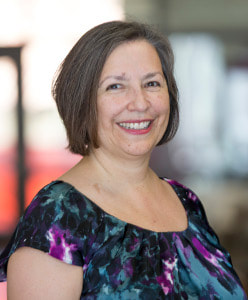The existing test has to be administered by a bilingual speech-language pathologist, however, which can create resource constraints. The American Speech-Language-Hearing Association has a membership of roughly 175,000, but only four percent – or roughly 7,000 - speak another language, Peña said. Meanwhile, 20 percent of children in the U.S. entering school speak another language. In California, 40 percent of children entering school speak another language. Combined, there are considerably more children who are English learners than can be currently served, Peña explains. “This means that children may be under-identified for language impairment when testing is needed but not administered, and over-identified as having a language impairment later when no language impairment may exist.” The TELL test will target Spanish- and Vietnamese-speaking English Language Learners (ELLs), ages four to nine, in both their first language and in English. Speech-language pathologists and special educators who need to assess bilingual children’s language ability will be able to use computers or tablets to administer TELL. “This is a completely new approach,” Peña said. "The two groups of children that will be tested - 525 Spanish ELLs and 525 Vietnamese ELLs - use very different languages."
Peña, who is also associate dean of faculty development and diversity, is a certified speech-language pathologist, a fellow of the American Speech Language Hearing Association, a fellow of the Center for Advanced Study in the Behavioral Sciences at Stanford University, and director of UCI's Human Abilities in Bilingual Language Acquisition (HABLA) lab. Her research focuses on two lines of inquiry that address the goal of differentiating language impairment from language difference. These two interrelated areas include dynamic assessment and semantic development in bilinguals leading to test development.
In October 2019,Peña received a $1.25 million, five-year training grant from the U.S. Department of Education (Office of Special Education and Rehabilitation Services) to develop a Special Education emphasis in the School of Education’s doctoral program. Read more. Comments are closed.
|
Resources for:
|
|


